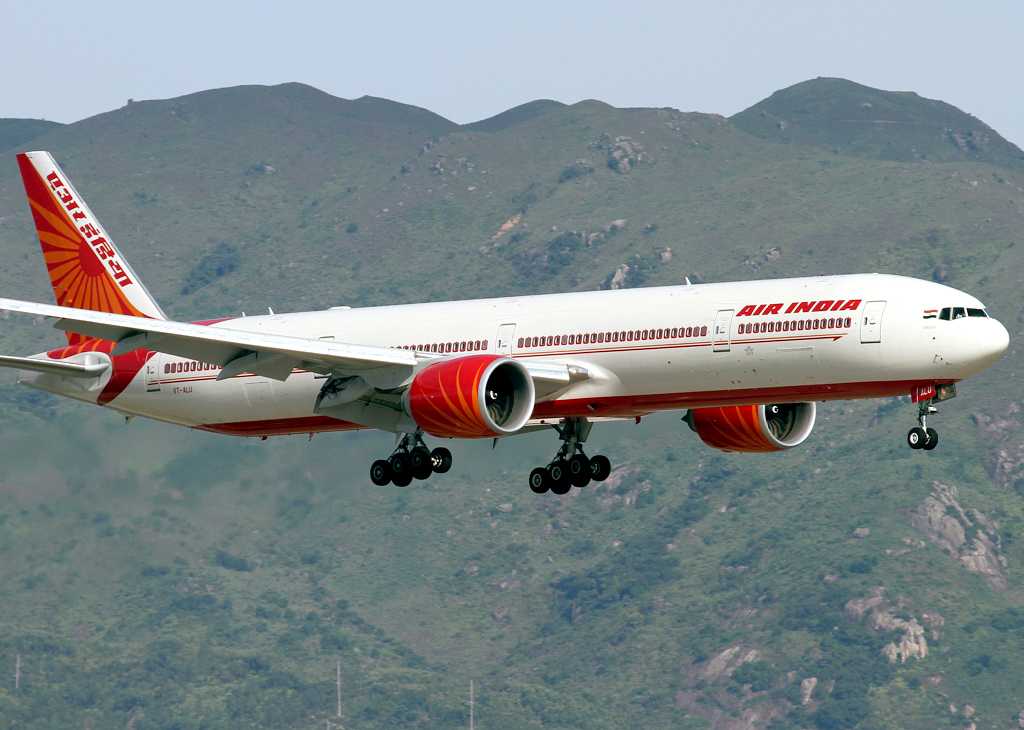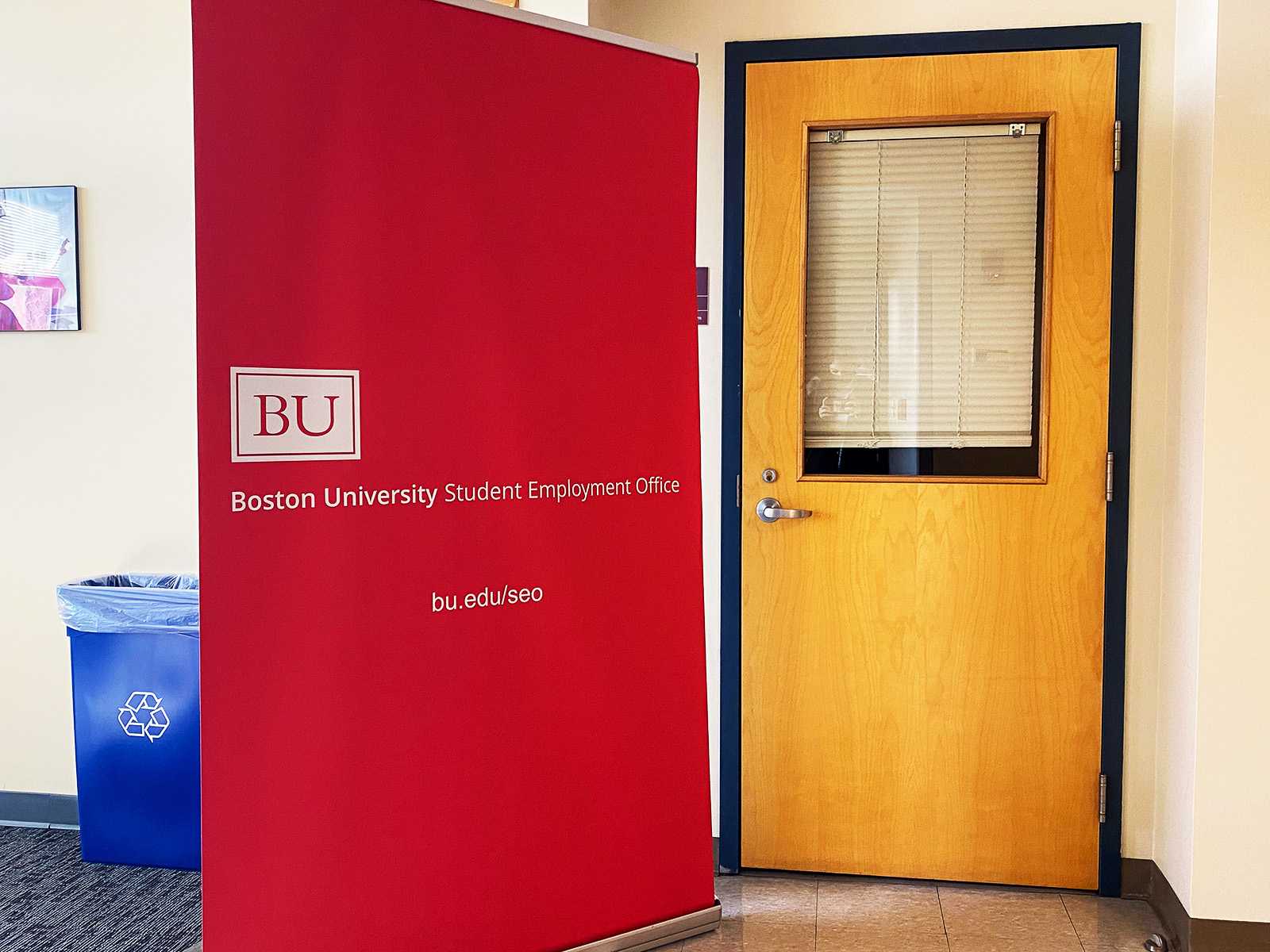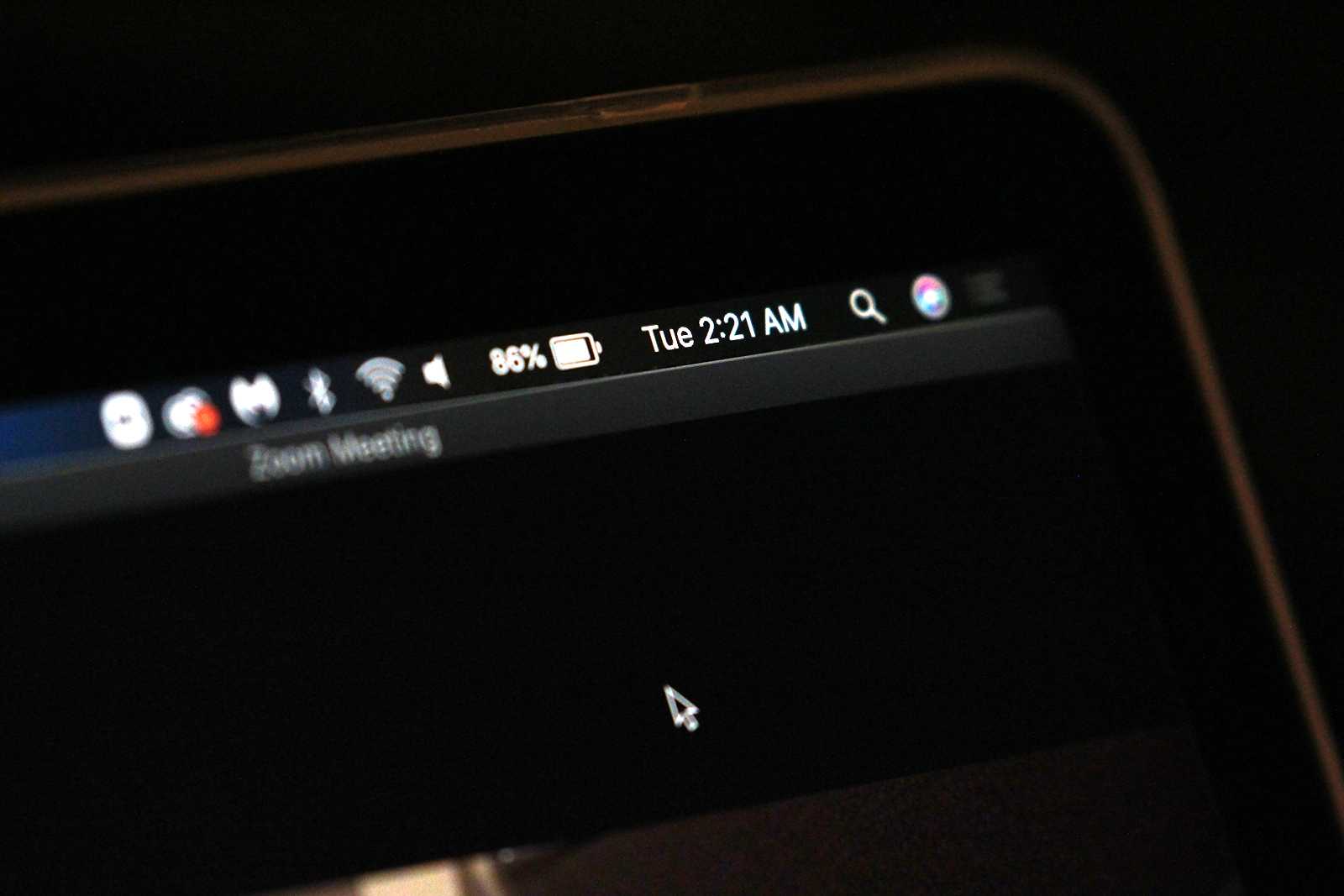Iran’s June 12 election results that drew countless protests from disillusioned voters was a defining moment for a troubled nation, Boston College professor Ali Banuazizi told about 20 attendees Thursday at Harvard University’s first Middle East seminar this semester.
In the lecture titled ‘Iran Post-Election Crisis: What’s Changed? What remains the same?’ Banuazizi, co-director of the Middle Eastern and Islamic Studies Program, addressed Iran’s crisis from its origins, up to the current situation. He said he sees Iran’s election as illegitimate and thinks overall Iranians have lost trust in their government.
‘The regime has lost legitimacy with the people,’ Banuazizi said.
He showed four videos depicting protests that followed the election, including a protest during a Friday night prayer service, and a series of images set to ‘Ciao Bella,’ an Italian song sung during the anti-fascist resistance movement in World War II.
The haunting images of Iranians taking to the streets after the election results set the stage for his seminar. He compared the Iranian revolution to the current situation, and said this is the largest ‘gulf’ between the government and the people since the 1979 revolution.
Professor Lenore Martin, co-chair for the Middle East Seminar at the Weatherhead Center for International Affairs, said the main reason for starting off this year’s seminar series with a lecture on Iran was because it’s ‘such an important issue.’
‘We know Ali is a very respected voice,’ she said.
After moving to the United States from Iran 50 years ago, Banuazizi received his Ph.D from Yale University and then taught at several universities before he started at BC in 1971. He has also held visiting appointments at the University of Tehran, Harvard, Princeton, Massachusetts Institute of Technology and Oxford University.
During a question and answer period after the lecture, Banuazizi said there are ‘deep rifts within the government,’ as a result of the fallout from the election. He also emphasized that while he is pessimistic about the government, he has ‘more hope in the people.’
Iran’s situation, like other topics in the seminar series, is a heated issue that must be handled with care, co-chairs said. WCFIA generally keeps all seminars off the record because of sensitivity issues.
This policy enables speakers to say what they truly believe, instead of censoring themselves out of fear, co-chairs said. This was particularly important when ambassadors from Egypt, Syria, Israel and Jordan spoke in past seminars.
‘[We] brought in diplomat . . . NGO . . . [and] practitioners from other countries,’ Kelman said.
Seminar co-chair and professor Herbert Kelman said the program tries to remain a balanced perspective on issues. The chairs do their best to bring in speakers from different sides of issues, Martin affirmed.
The next seminar, ‘Israel: The Strategy of the Iron Wall Revisited’ by Avi Shlaim, a professor of international relations at the University of Oxford, is set to take place Sept. 22.
‘























































































































